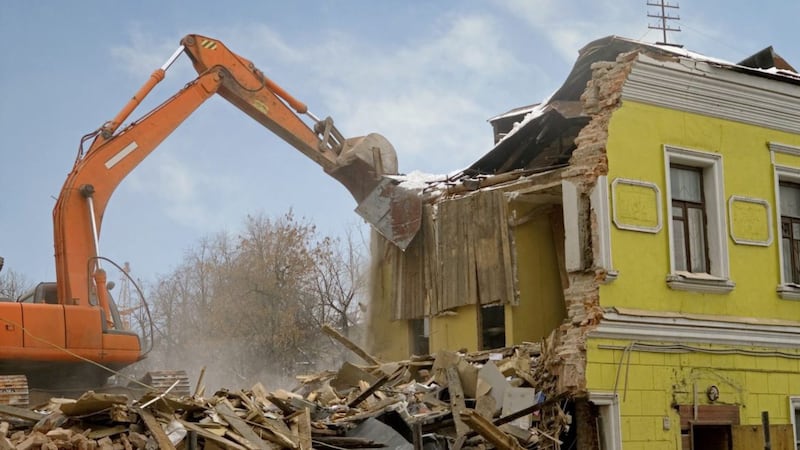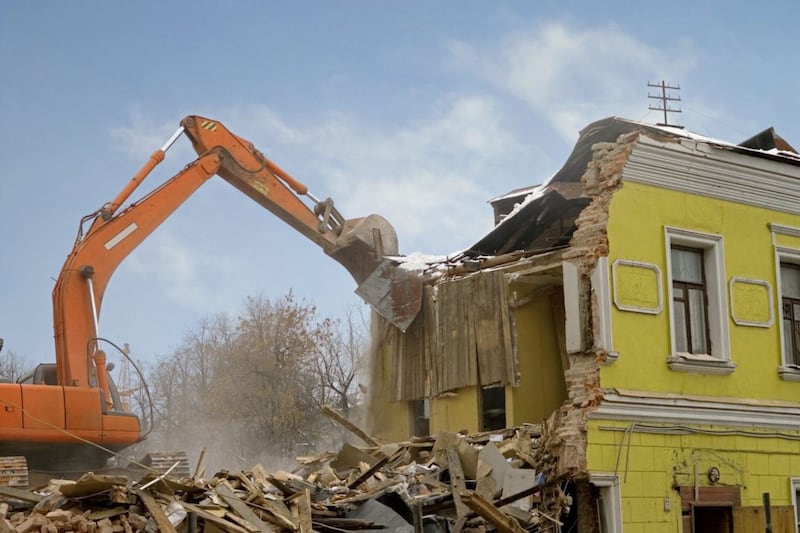SHORTLY after completing an extension to a commercial building in Leeds, the developers of the property were ordered to demolish the two new storeys – because a neighbour’s ‘right to light’ hadn’t been fully addressed prior to construction.
Although the matter was eventually settled outside the courtroom, it was an expensive oversight and the 2010 case stands as a stark warning to those designing and building commercial property of one of the many pitfalls associated with the process and the potentially costly consequences.
An explicit right to light applies to the owners of all properties that have received natural daylight for more than 20 consecutive years.
Even if permission is granted by a neighbour to allow the light to be blocked, some level of compensation is normally expected due to the likely impact on the building’s value, utility and appearance.
The outcomes of rights to light disputes are not always clear from the outset and although most neighbours will have their price for settlement, they are not obligated to negotiate and may have a right to injunction.
The Leeds example is considered a landmark case and resulted in a judge upholding the right to light of an individual, Marc Alexander Heaney, and ordering an injunction against the extension of a building opposite his property.
The developers had actually entered into negotiations with Mr Heaney in regards to the Victorian Grade II listed bank building he owned, but nothing was resolved before construction started.
Even after building work commenced, Mr Heaney did not seek an injunction preventing it from going ahead and the judge only reached his judgment after the developer initiated court proceedings to establish that Mr Heaney had forfeited his rights by failing to seek an injunction.
It serves as a reminder that assumptions cannot be made that neighbours will accept cash settlements, that courts will issue monetary damages as opposed to injunctions or that delays on the part of a neighbour will rule out an injunction claim.
A bespoke rights to light insurance package can cover legal costs in addressing claims against the policyholder, settlements or damages awarded, demolition or rebuilding costs and any loss in land value.
Policies are highly specialised, however, so it is imperative to seek professional and expert advice to ensure it accurately meets the needs of the business and keeps any planned commercial property development out of the shadows.
:: Richard Willis is managing director of Willis Insurance and Risk Management



